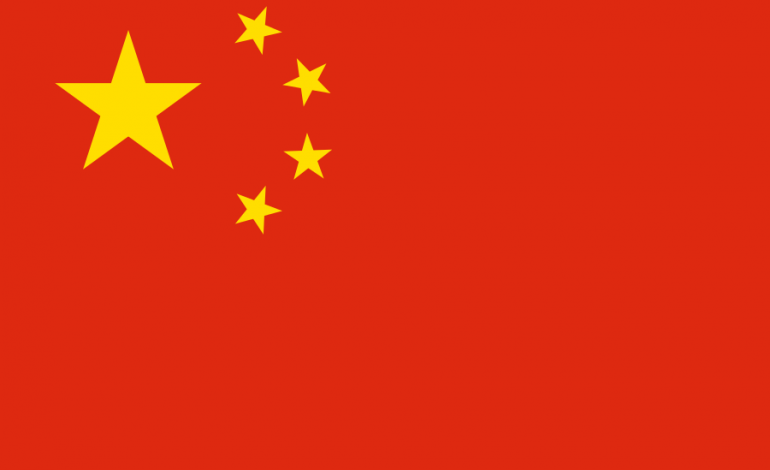

For the first time since the initial enactment of their ban on dedicated gaming consoles back in 2000, China has been freed of the ban and are now welcome to game on whatever machines the rest of the world games on. The country’s Ministry of Culture issued a statement announcing that the manufacturing, sale, and consumption of gaming consoles will all be permitted.
For many people, the game console ban in China isn’t common knowledge, so a bit of background is appropriate. In 2000, a ban on gaming consoles was enacted by the government after public outcries of concern that children would be wasting too much time with games. In the years to follow, the problem didn’t disappear, it simply changed form. Without consoles, Chinese people that wanted to game went elsewhere. As a result, China has the most prosperous and active PC gaming community in the world. Besides PCs, the Chinese have turned to mobile and arcade gaming as well, which are also doing extremely well relative to any other country.
China’s PC gaming landscape is filled mostly with games unknown outside China. With a particular affinity to MMOs, big players in that niche have tried to move into the untapped market only to find strict censorship in their way. Most notable was the case involving Blizzard’s World of Warcraft expansion, Wrath of the Lich King, which involved a major focus on the undead. Chinese culture has problems with dishonoring the dead and skeletons in particular were changed almost entirely in many cases.
Documentation backed the bans, but hardware developers have made many attempts to enter the Chinese market, too. Kotaku covered the reality of these bans comprehensively in an article from 2010, and they explain the biggest attempts made by Nintendo and Sony while emphasizing how lenient the ban was, and how flexible it could be. Nintendo went out of their way to develop hardware approved by the Chinese and saw the release of the DSi in 2009. It hasn’t been wildly successful, but this is blamed for the most part on the aforementioned effects of the ban leading to gamers that prefer other venues.
In 2004 Sony released the PlayStation 2 with a limited software library, but this failed miserably. The reason was very different, however, to the reason the DSi wasn’t a hit. Following its release, Sony lost millions to software piracy and struggled to sell almost any games. Piracy has been rampant all over China since the ban and Sony could not overcome it and break even.
All these factors have a drastic impact on the newly unbanned console market that will now begin to change. On paper, China looks like a bottomless and untapped well of potential console owners, but the previous attempts by the bigger names proved that it won’t be as easy as getting Xbox Ones on shelves and collecting money. Big changes will need to be made to the average approach taken by console developers. Many Chinese gamers will need to first be goaded away from PC and mobile games before they’ll even consider spending money an a brand new machine that does little other than play games. Whatever happens, it will surely be interesting.
Play games, take surveys and take advantage of special offers to help support mxdwn. Every dollar helps keep the content you love coming every single day.
